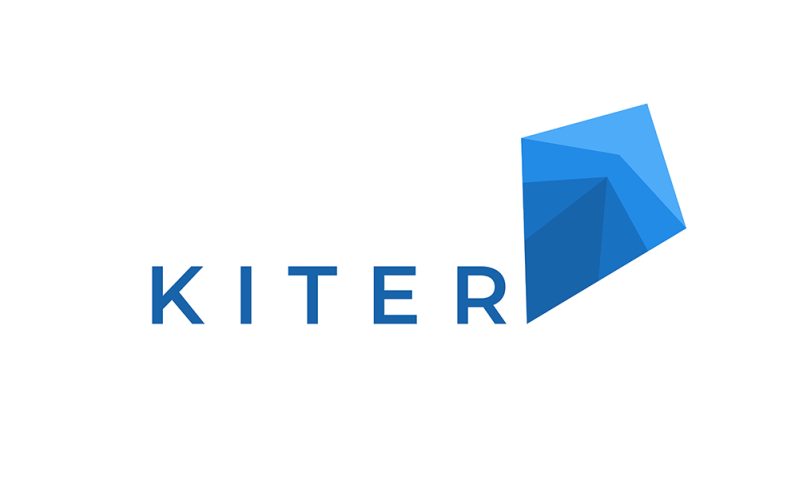A new student-led website “Kiter” is aiming to help students organize their deadlines and points of contact when applying for jobs and internships. Since publicly launching on Sept. 8, the site has acquired around 100 users, according to creator Andrew Mangan ’23.
Unlike a website like Airtable or Trello, Kiter is optimized for job applications, according to Mangan. The site allows users to track contacts, due dates and events by job application, and is working on expanding its integration with other platforms like Google Calendar. In the future, the more data the site has — which Mangan says is well protected — the better the site could assist users in the application process.
“There’s a big gap between the job search like Handshake and Indeed, and accepting a job,” Mangan said. “There’s a ton of tools out there to find [job offerings] … but once you have that, there’s not really any place to store multiple applications or to keep track of all the different applications you’re doing.”
Staying organized during the job search can be difficult for some students. A spokesperson for the BEAM Stanford Career Education Center told The Daily that one of the primary challenges for students during the job search is keeping track of applications.
Mac Simpson ’23, who is currently applying for internships, agreed that staying organized during the job search can be difficult. He said that to him, researching positions and keeping track of deadlines are two of his biggest challenges.
Kiter can solve this problem, according to Mangan. “You can input events such as coffee chats, interviews, or phone calls with dates and reminders; add tasks with due dates and email reminders; and (as of this weekend) add due dates for applications when you add the application in,” Mangan wrote in a statement to The Daily.
Some students said the site could act as a good replacement for more traditional methods of tracking applications.
“Before I was using an Excel spreadsheet to keep track of everything,” said Rayan Krishnan ’23, who was a beta-tester for Kiter. “I think [Kiter] is really nice because it’s really built for one task and has been optimized for it very well.”
He cited the platform’s ability for users to store contacts they have met as well as events they might be interested in attending as making the job application experience “much easier.”
Mangan emphasized these features, saying, “a big thing that Kiter does is a lot of the tracking across your contacts, your tasks, your notes, your emails and linking them directly to the company, which is something that you can’t really do with more traditional product management tools.”
The site keeps track of not only contacts but also the last time the user has communicated with the contact. Kiter is currently working on expanding its integration with other platforms, according to Mangan, and the site will be rolling out a connection to Google Calendar shortly.
In the future, Mangan hopes the site can leverage artificial intelligence to help users decide where “they could best spend their time” in the application process.
“A lot of the benefit when you’re applying and a lot of the value add comes from little tasks that you do, whether that’s cold emailing a number of employees there or sending a follow-up or sending a thank you for sending your cover letter,” he said. “Usually the talent pool is such that you’re pretty similarly qualified, and it’s the little things that help you stand out.”
To do that, Mangan says Kiter needs more data –– which means many more users. Asked what measures are in place to protect user privacy, Mangan said the user owns all their data on the site.
“We don’t sell any of that data,” he said.
Mangan compared the company’s view on user data to the perspective one would have on inputting data into a note-taking app or website. “We think it’s a pretty private process,” he said. He added that the site was built on the low-code platform Bubble, which according to its founder encrypts all user information at rest.
Krishnan said he thinks Mangan and his brother are the right people to create Kiter, describing Mangan as “the type of guy who will wake up at 5:30 or 6:00 to go to the gym each morning.”
“Andrew and his brother have a really good sense of what’s happening in the world,” he said. “They have a general pulse of what’s going on and what people need.”
Asked what his motivation for creating Kiter was, Mangan said, “Our belief is that managing your applications shouldn’t be the hardest part of applying.”
Contact Sam Catania at samcat ‘at’ stanford.edu.
